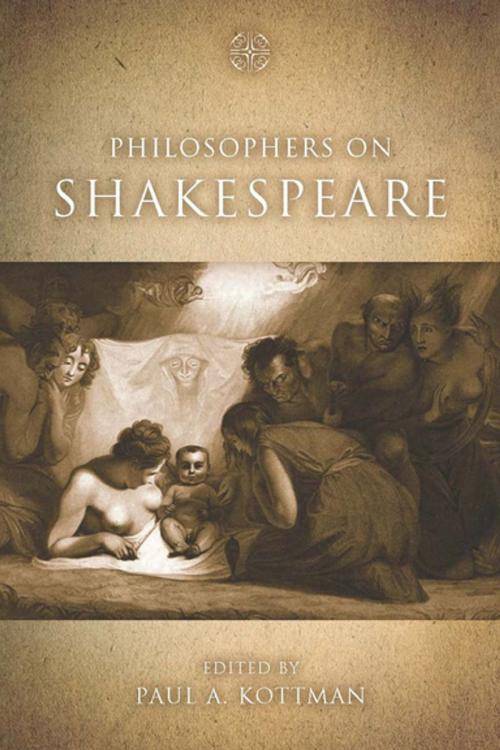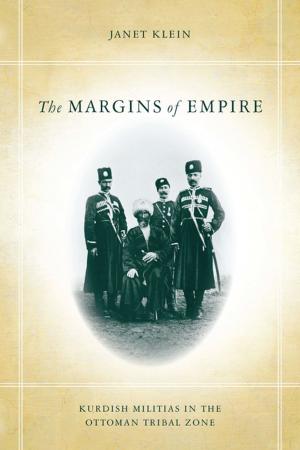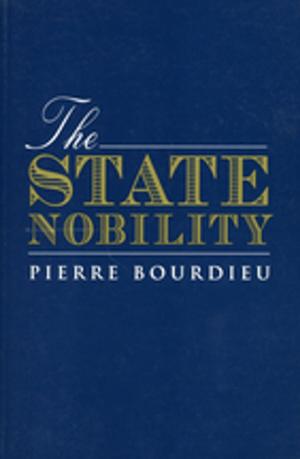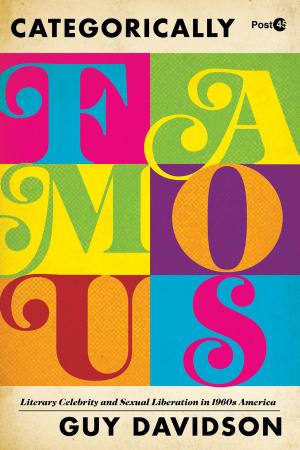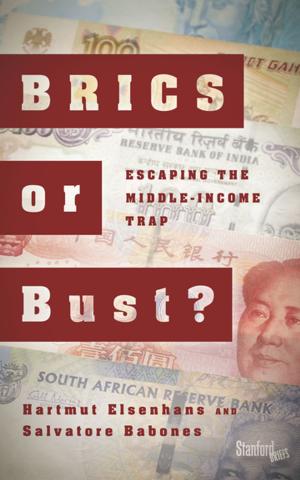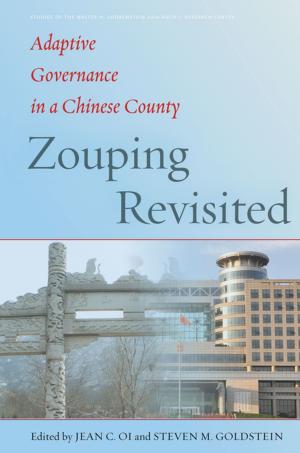Mongrels or Marvels
The Levantine Writings of Jacqueline Shohet Kahanoff
Fiction & Literature, Anthologies| Author: | ISBN: | 9780804777889 | |
| Publisher: | Stanford University Press | Publication: | May 17, 2011 |
| Imprint: | Stanford University Press | Language: | English |
| Author: | |
| ISBN: | 9780804777889 |
| Publisher: | Stanford University Press |
| Publication: | May 17, 2011 |
| Imprint: | Stanford University Press |
| Language: | English |
The writings of Jacqueline Shohet Kahanoff (1917–1979) offer a refreshing reassessment of Arab-Jewish relations in the Middle East. A member of the bourgeois Jewish community in Cairo, Kahanoff grew up in a time of coexistence. She spent the years of World War II in New York City, where she launched her writing career with publications in prominent American journals. Kahanoff later settled in Israel, where she became a noted cultural and literary critic. Mongrels or Marvels offers Kahanoff's most influential and engaging writings, selected from essays and works of fiction that anticipate contemporary concerns about cultural integration in immigrant societies. Confronted with the breakdown of cosmopolitan Egyptian society, and the stereotypes she encountered as a Jew from the Arab world, she developed a social model, Levantinism, that embraces the idea of a pluralist, multicultural society and counters the prevailing attitudes and identity politics in the Middle East with the possibility of mutual respect and acceptance.
The writings of Jacqueline Shohet Kahanoff (1917–1979) offer a refreshing reassessment of Arab-Jewish relations in the Middle East. A member of the bourgeois Jewish community in Cairo, Kahanoff grew up in a time of coexistence. She spent the years of World War II in New York City, where she launched her writing career with publications in prominent American journals. Kahanoff later settled in Israel, where she became a noted cultural and literary critic. Mongrels or Marvels offers Kahanoff's most influential and engaging writings, selected from essays and works of fiction that anticipate contemporary concerns about cultural integration in immigrant societies. Confronted with the breakdown of cosmopolitan Egyptian society, and the stereotypes she encountered as a Jew from the Arab world, she developed a social model, Levantinism, that embraces the idea of a pluralist, multicultural society and counters the prevailing attitudes and identity politics in the Middle East with the possibility of mutual respect and acceptance.
